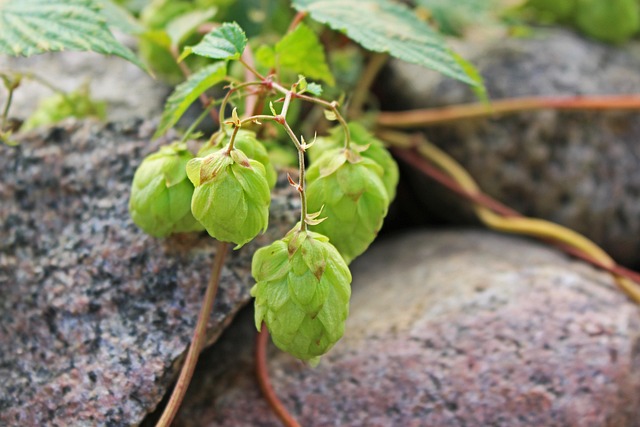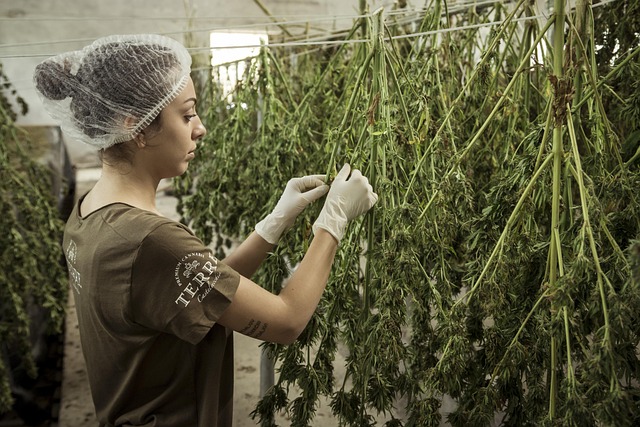Category: Top sources of cannabidiol isolate
Top Sources of Cannabidiol Isolate: Unlocking the Potential of a Versatile Compound
Introduction
In the rapidly expanding world of cannabis research and applications, cannabidiol (CBD) isolate has emerged as a prominent and versatile compound. This article delves into the “Top Sources” of cannabidiol isolate, exploring its significance, global impact, economic implications, technological innovations, regulatory landscape, and the challenges it faces. By examining these aspects in detail, we aim to provide an all-encompassing guide for readers interested in understanding this valuable cannabis derivative.
Understanding Top Sources of Cannabidiol Isolate
Cannabidiol Isolate: Definition and Composition
Cannabidiol isolate is a highly purified form of CBD, which is one of the primary chemical compounds found in the cannabis plant (Cannabis sativa L.). It is obtained through advanced extraction techniques, ensuring that the final product contains 98-99% pure CBD with minimal traces of other cannabinoids. The isolation process removes terpenes and other non-cannabinoid compounds, resulting in a crystalline or powdery substance.
Historically, cannabis has been cultivated and used for its medicinal properties for millennia. However, the 21st century has seen a surge in scientific interest in CBD, driving research into its various applications. Cannabidiol isolate is at the forefront of this exploration due to its stability, versatility, and potential therapeutic benefits.
Significance and Applications
Cannabidiol isolate has garnered attention for several reasons:
-
Therapeutic Potential: Studies suggest that CBD exhibits anti-inflammatory, analgesic, anxiolytic (reducing anxiety), and anticonvulsant properties, making it a promising candidate for treating various medical conditions.
-
Versatility: It can be incorporated into diverse products, including oils, capsules, topicals, and food supplements, catering to various consumer preferences.
-
Stability: CBD isolate maintains its potency and purity over time, ensuring consistent quality in end-products.
Global Impact and Trends
The global cannabidiol market is experiencing rapid growth, with a compound annual growth rate (CAGR) projected to reach 48% between 2021 and 2028. This expansion is largely driven by the increasing legalisation of cannabis products and growing consumer awareness of CBD’s benefits. The top contributors to this trend include:
-
North America: The United States, in particular, has been at the forefront of cannabidiol research and product development, with a thriving market for both medical and recreational cannabis. Canada’s progressive approach to cannabis legalisation has also contributed to regional growth.
-
Europe: Many European countries have liberalised their cannabis laws, leading to a surge in CBD-based product sales. The UK, Germany, and France are notable markets known for their robust CBD industry.
-
Asia-Pacific: This region is witnessing significant interest in cannabidiol, driven by the growing acceptance of alternative medicine and wellness trends. Japan and Australia stand out as key players.
Economic Considerations
The economic implications of top sources of cannabidiol isolate are multifaceted:
Market Dynamics
-
The global CBD market reached a value of $17.4 billion in 2020, and projections indicate continued exponential growth.
-
The demand for CBD isolate is particularly high due to its purity and versatility, allowing manufacturers to produce premium products with consistent quality.
Investment Patterns
-
The legalisation of cannabis and the growing acceptance of CBD have attracted significant investments from venture capitalists and private equity firms into cannabis startups, cultivation facilities, and distribution networks.
-
Many companies are focusing on vertical integration, controlling every step in the supply chain from seed to sale, ensuring quality and profitability.
Economic Impact by Region
-
North America: The US market accounts for a substantial share of global CBD sales, with leading brands capturing a significant portion. State-level legalisations have spurred local entrepreneurship, creating diverse product offerings.
-
Europe: The European CBD market is characterised by high consumer demand and stringent regulatory standards, driving innovation in product development and distribution.
-
Emerging Markets: Asia-Pacific and Latin American countries are emerging as significant players, with thriving domestic industries and growing export potential.
Technological Advancements
Technological innovations have played a pivotal role in the production and application of cannabidiol isolate:
-
Advanced Extraction Techniques: Modern extraction methods, such as CO2 supercritical fluid extraction, ensure high purity and yield, making it feasible to produce CBD isolate on a large scale.
-
Chromatography for Purification: High-performance liquid chromatography (HPLC) is employed to further purify CBD isolate, removing any residual impurities or contaminants.
-
Nanotechnology Applications: Researchers are exploring the use of nanotechnology to enhance the bioavailability and efficacy of CBD products. Nanoparticles can enable targeted drug delivery, improving the overall therapeutic effect.
-
Digitalisation and Tracking: Blockchain technology is being implemented for product tracking and supply chain management, ensuring transparency and authenticity in the CBD market.
Policy and Regulation
The regulatory landscape surrounding cannabidiol isolate varies significantly across regions:
Legal Status
-
Legalised Countries: Many countries, including Canada, Uruguay, and several European nations, have fully legalised cannabis (both medical and recreational), leading to a thriving CBD industry.
-
Medical Use: In many jurisdictions that have not fully legalised cannabis, CBD is permitted for medicinal purposes only, with strict regulations governing its production and distribution.
Legislative Frameworks
-
US Regulation: The United States has a complex regulatory environment due to the federal prohibition of cannabis (until recently). However, individual states have their own laws, creating a patchwork of regulations. The 2018 Farm Bill legalised hemp and its derivatives, including CBD, at the federal level, leading to a surge in the CBD market.
-
European Union: The EU has harmonised its cannabis legislation, allowing member states to decide on the legal status of CBD products within specific guidelines. This has resulted in varying levels of access across Europe.
-
International Agreements: Global organisations like the World Health Organization (WHO) and the United Nations Office on Drugs and Crime (UNODC) provide guidelines and recommendations for cannabis research and regulation, influencing international policies.
Challenges and Criticisms
Despite its growing popularity, cannabidiol isolate faces several challenges:
-
Lack of Research: While research into CBD is expanding, there remains a dearth of long-term studies on its effects, especially regarding potential side effects and interactions with medications.
-
Regulatory Uncertainty: The evolving legal landscape can be challenging for businesses and consumers alike, as regulatory changes may impact product availability and quality.
-
Contaminants and Quality Control: Ensuring the purity of CBD isolate is crucial. Contaminants, such as heavy metals and pesticides, can pose health risks, highlighting the need for stringent quality control measures during production.
-
Stigma and Misinformation: Despite growing acceptance, CBD still faces stigma, particularly in regions where cannabis use remains highly regulated or illegal. Misinformation about its effects also poses challenges to the industry’s growth.
Proposed Solutions:
- Encourage further scientific research to address knowledge gaps regarding CBD’s safety and efficacy.
- Advocate for consistent and clear regulatory frameworks globally to provide consumer protection and market stability.
- Implement rigorous quality control measures during production, including third-party testing, to ensure product safety.
- Promote education and awareness campaigns to dispel myths and reduce the stigma associated with CBD.
Case Studies
1. Medical Application in Epilepsy Treatment
A renowned case study involves the use of cannabidiol isolate for treating epilepsy in children. A clinical trial conducted by the University of California, San Francisco (UCSF), demonstrated the efficacy of a cannabis-based medication containing 98% CBD and less than 0.5% THC (tetrahydrocannabinol) in reducing seizures. The study included 214 patients aged 1-18 years with severe, treatment-resistant epilepsy. Participants experienced a 37% reduction in seizure frequency, leading to improved quality of life. This case highlights the potential of CBD isolate as a safe and effective treatment option for certain medical conditions.
2. Topical CBD for Skin Conditions
A growing trend is the incorporation of cannabidiol isolate into skincare products for various skin conditions. A study published in the Journal of Cosmetic Dermatology investigated the effect of a CBD-enriched cream on psoriasis and eczema patients. The participants used the cream topically twice daily for 4 weeks, showing significant improvements in symptoms compared to a placebo group. This application exemplifies how CBD isolate can offer natural relief without the psychoactive effects associated with THC.
3. Pet Care and CBD
The pet care industry has also embraced cannabidiol isolate for its potential benefits. A case study focused on dogs suffering from anxiety-related disorders, where a CBD oil supplement was administered over a 12-week period. The results indicated a substantial reduction in anxiety symptoms, with owners reporting improved behaviour and sleep patterns in their pets. This study underscores the versatility of CBD isolate beyond human applications.
Future Prospects
The future of cannabidiol isolate appears promising, with several growth areas and emerging trends:
-
Personalised Medicine: Advanced genetic testing and pharmacogenomics may enable personalised CBD dosing and product formulations, optimising therapeutic outcomes.
-
Cosmeceutics: The skincare industry is expected to witness a surge in CBD-infused products, leveraging their anti-inflammatory and antioxidant properties for various skin concerns.
-
Animal Health: As the pet care market continues to grow, there will be an increased demand for CBD products specifically formulated for animals, addressing joint pain, anxiety, and other conditions.
-
Global Expansion: With growing acceptance and research support, cannabidiol isolate is poised for significant global expansion, especially in regions with progressive cannabis laws.
Conclusion
The exploration of “Top Sources” of cannabidiol isolate reveals a dynamic and multifaceted industry with immense potential. From its historical roots to its current global impact, CBD isolate has captured the attention of researchers, entrepreneurs, and consumers alike. As we navigate the challenges and embrace emerging opportunities, it is evident that cannabidiol isolate will continue to shape various sectors, offering novel solutions and enhancing our quality of life.
FAQ Section
Q: Is CBD isolate legal?
A: Legality varies globally. Many countries have legalised medical or recreational cannabis, making CBD isolate legal. However, some regions have stringent regulations, so it’s crucial to understand local laws before purchasing or using CBD products.
Q: What are the side effects of CBD isolate?
A: CBD is generally considered safe, but side effects may include fatigue, dry mouth, and mild gastrointestinal issues. High doses may cause more severe reactions, and it can interact with certain medications. Always consult a healthcare professional before use.
Q: How does CBD isolate differ from full-spectrum CBD?
A: Full-spectrum CBD contains all the natural compounds found in the cannabis plant, including trace amounts of cannabinoids other than CBD. In contrast, CBD isolate is purified to contain 98-99% pure CBD, eliminating other cannabinoids and terpenes.
Q: Can I grow my own CBD isolate?
A: While it’s possible to cultivate cannabis plants for personal use in regions where it’s legal, producing CBD isolate requires advanced extraction equipment and expertise. Most manufacturers source their raw material from licensed growers or utilize industrial hemp cultivation methods.
Q: What is the best way to consume CBD isolate?
A: Consumption methods depend on individual preferences and desired effects. Common options include oral supplements (oils, capsules), topical applications (creams, balms), inhalation (vapes, edibles), or sublingual administration (tinctures). Each method offers unique advantages, so experimentation is recommended to find the best fit.
Uncover Top CBD Sources & Dosage Secrets for Quick, Safe Relief
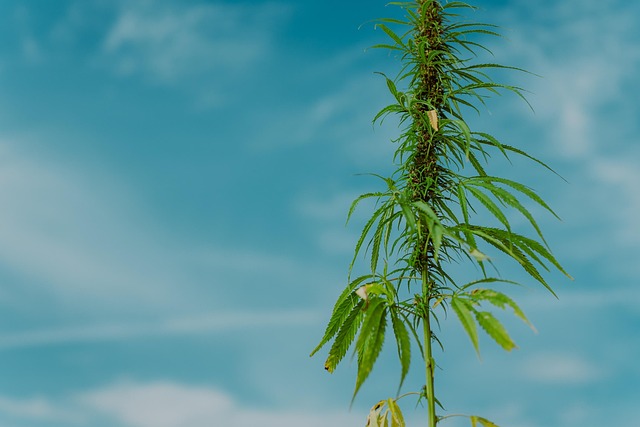
Unlock the full potential of your wellness journey with our curated list of the top sources of canna…….
Boost Your Day Naturally: Top Hemp CBD Isolate Formulas for Sustained Focus & Savings
Unlock Savings: Discover Top CBD Sources for Premium Hemp Drinks Today!
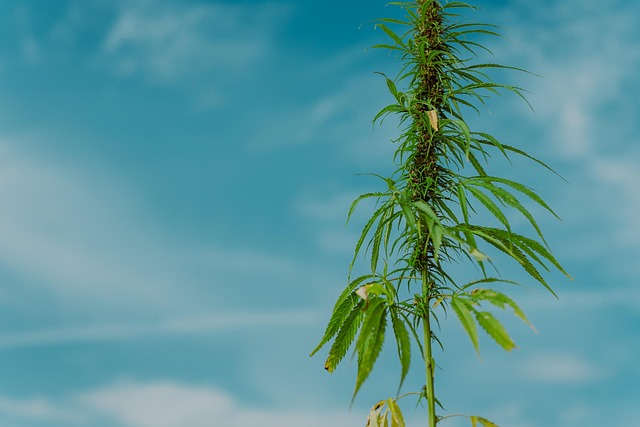
Revolutionize Your Brand with Premium CBD BeveragesTired of the inconsistent CBD market? We offer yo…….
Boost Your Energy: Top CBD Sources in Revolutionary Packaging – Free Sample!
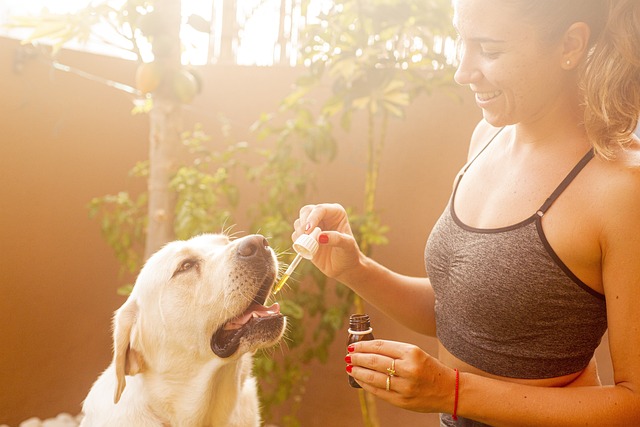
Tired of the sugar crash? Unlock Energy offers a revolutionary solution with our CBD-infused packagi…….
Unleash Your Potential: CBD & Caffeine – Ultimate Focus & Energy Boost!
Unleash Relaxation: Pure, Sustainable CBD Drinks for Less
Revolutionize Your Energy Drinks: CBD Packaging, Free Samples, Save Money!

Tired of watching your profits fizzle away with every rising energy drink price? Say hello to a powe…….
Unleash Instant Energy: Top CBD Sources in Zero Calories, Guilt-Free!
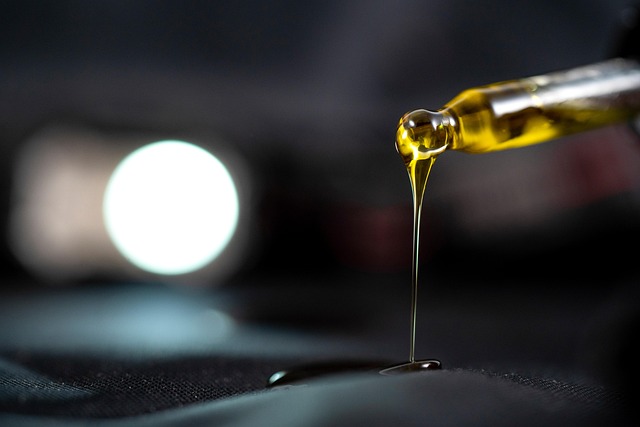
Tired of the mid-day slump? Say hello to your new secret weapon: Cannabidiol Isolate Shots, crafted…….
Unleash Profits: Sustainable CBD Drinks from Top Hemp Sources
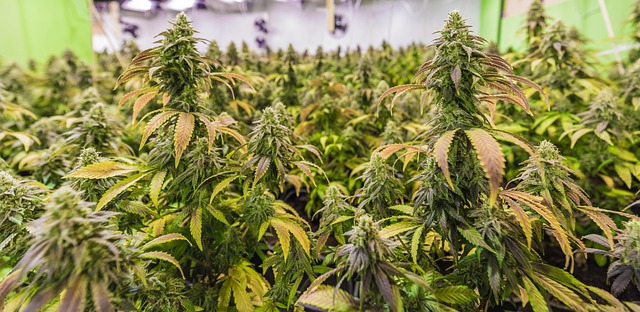
Unleash the power of the top sources of cannabidiol isolate and watch your profits soar! With New He…….
